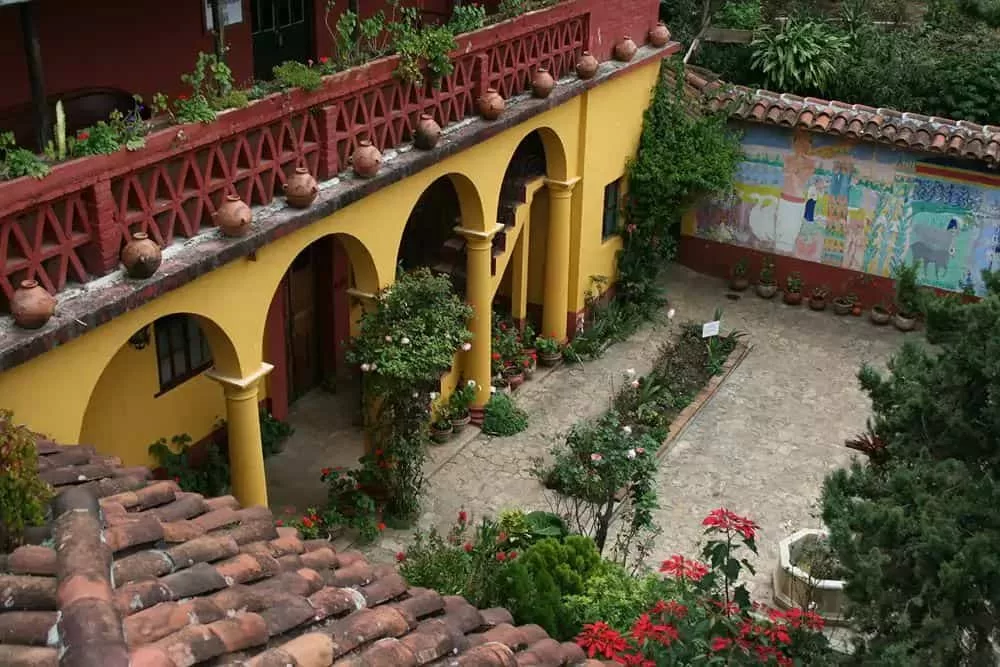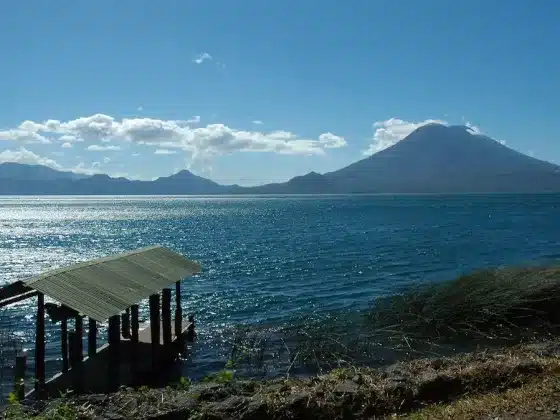The hotels most used by north Americans in Guatemala City are the Camino Real, El Dorado, and Guatemala Fiesta, all located near the Chancery. Rates at these hotels are within the most temporary lodging allowances given by multinational companies. A smaller and less expensive hotel, La Casa Grande, is also located near the U.S. Chancery. Rental contracts are required by all lessors and normally run for 1 year with renewal rights. Corporate employees are often advised to incorporate the “diplomatic clause” (30 day transfer notice) in their leases this clause is accepted by most lessors. Expatriates should consider asking for this clause as well – not all expatriate ambitions work out, and an intended lifetime stay cut short at 3-6 months is not uncommon in any country. Contract fees and real estate agent’s commissions are generally absorbed by the lessor, however, any question should be settled before signing the contract.
Major appliances (refrigerator, freezer, stove, washer, and dryer) must usually be brought from the U.S. or bought from a departing expatriate. The supply of unfurnished housing is far greater than that of fully or partially furnished ones and rental cost is significantly less, so bringing as much as you may need with you makes a lot of sense. Light fixtures are provided in most houses, as are curtain rods. If not installed, one should discuss the installation with the lessor when negotiating the lease and defer curtain purchases until a home has been found, as window shapes and sizes vary. Many attractive materials are available locally or can be ordered from the U.S.
Locally manufactured furniture is satisfactory. Tropical hardwoods are available, but are usually unseasoned and may warp. Occasional pieces such as end tables, chairs, or record cabinets are sold craftsmanship is fair to excellent. Second-hand furniture suited to American tastes is only available from departing personnel. Many persons enjoy purchasing antique furniture and collectibles that are available on the street and in shops. Most furniture items used in the U.S. are useful here. Local climate has little adverse effect on furniture or furnishings, except for leather items which may mildew during the rainy season. Good reupholstery service is available atreasonable cost. Guatemalan stores carry a good line of U.S.-manufactured housewares, but import duties make prices considerably higher than in the U.S. Bring rugs, china, silverware, glassware, bed and table linens, kitchen utensils and cutlery, an iron, and other small appliances.
Locally made blankets and wool rugs of good quality and interesting design are available at reasonable prices.
You should consider bringing along certain personal items such as: bedspreads, pillows, bed and table linens, glassware, chinaware, silverware, kitchenware, small appliances, ironing board and iron, tools, pictures, stereo and TV equipment, children’s or baby furniture, and toys.
Home landline telephones are available in most zones of Guatemala city, and are usually left in dwellings between tenants. Do not rent a house or apartment that does not already have an operable telephone.
Many people find it practical to bring a freezer unit. Electricity in Guatemala is 110 v, 60-cycles, AC. If required, 220 v, AC for heavy-duty appliances can be wired into homes. Hardware stores sell the tools and equipment necessary to hang curtains and pictures and to make minor repairs and alterations. Prices of these items, however, are higher than in the U.S.
Water heaters are already installed in most dwellings, but tenants must often insist that the lessor provide an auxiliary water tank and pump because of frequent inadequate water supply and pressure problems during the dry season. Air-conditioners are not needed. Since central heating is nonexistent, fireplaces and portable electric heaters are often used during chilly evenings and the prolonged rainy season.
Surface shipment of household items from the U.S. takes about 14 days. An additional 1-2 weeks are required for transportation within Guatemala and customs clearance. Expatriates sometimes locate permanent housing before the arrival of their effects. Include in unaccompanied airfreight a minimum supply of towels, bed linens, blankets, and basic cooking and eating utensils. Airfreight usually takes 10-15 days from the U.S., depending on the location and the time of year.
The Government of Guatemala requires that all adults residing in the country carry official identification at all times. The appropriate “carnets” or “tarjetas” will be requested for new arrivals by the U.S. Embassy offices upon request. Each employee and dependent should bring at least 10 individual photographs (about l.5 ‘’ x I.5 “). If not available on arrival, appropriate photographs can be taken locally.
Excerpted and adapted from the ebook “Cultural Dimensions of Expatriate Living & Working in Guatemala” by Bill Drake.
Contact Author
"*" indicates required fields
Stay Ahead on Every Adventure!
Stay updated with the World News on Escape Artist. Get all the travel news, international destinations, expat living, moving abroad, Lifestyle Tips, and digital nomad opportunities. Your next journey starts here—don’t miss a moment! Subscribe Now!

